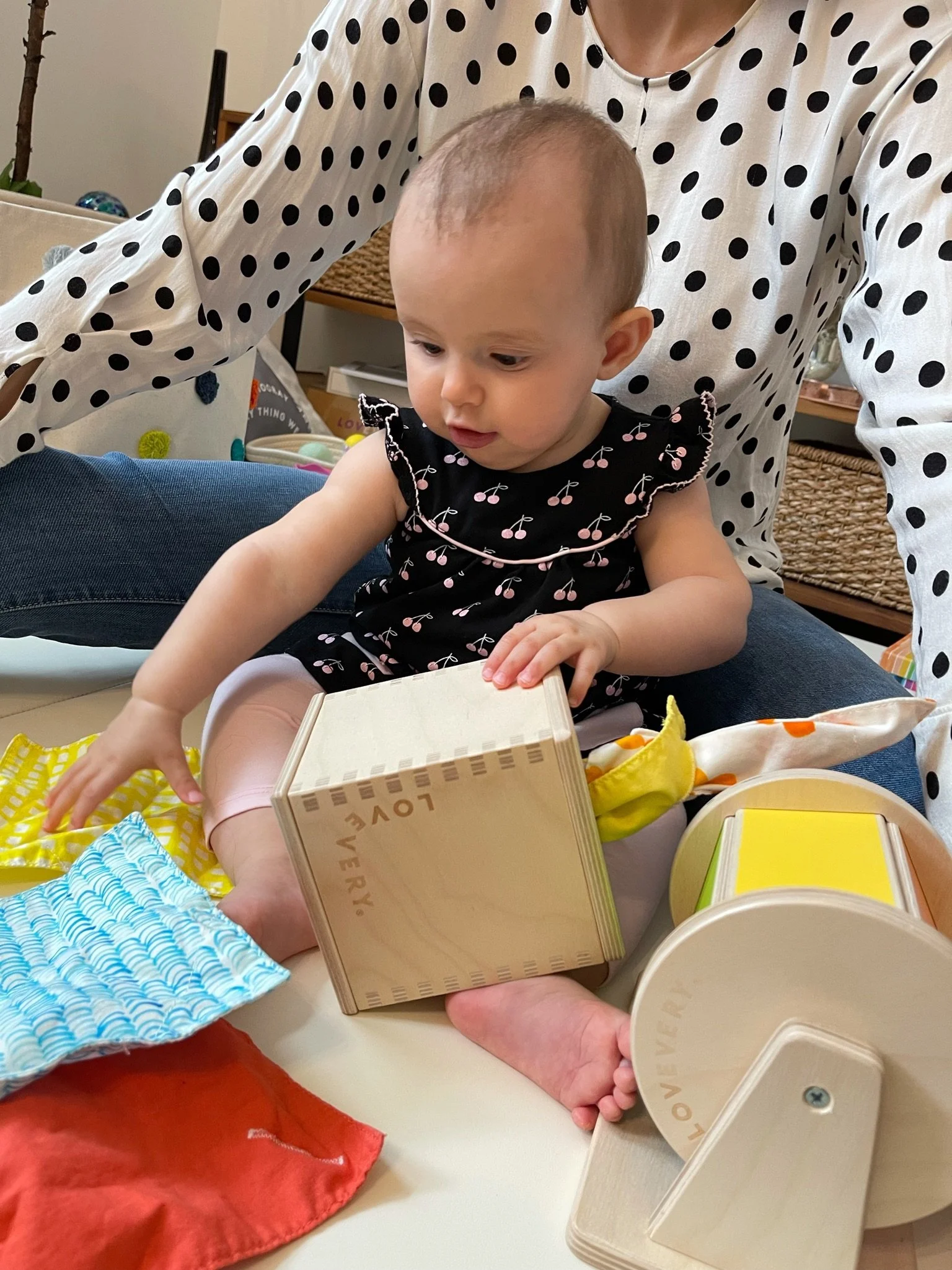BONJOUR PARENTHOOD EXPERIENCE, POSTPARTUM CARE, RECOVERY
MODERN PARENTING: IS THE VILLAGE STILL NECESSARY?
What does the timeless wisdom of “it takes a village to raise a child” mean in today’s world? Despite modern resources, is community still crucial in parenting?
The proverb “it takes a village to raise a child” has been echoed through generations, emphasizing the communal effort needed in child-rearing. But what does this mean in our modern society, where we have extensive resources on children’s developmental milestones? Is the village still necessary?
Since the early 20th century, there has been an explosion of research on infant and child development. This research has armed us with knowledge and resources to support our children better than ever before. However, as our understanding of child development has grown, the focus has shifted almost entirely from mothers to babies after childbirth. This shift often eclipses the critical postpartum period.
Moreover, more women are working today than ever before, and societal expectations push them to return to work quickly and perform at the same level. Social media exacerbates these expectations, creating a culture of performance that leaves many new mothers feeling isolated and struggling to meet unrealistic standards.
UNDERSTANDING THE POSTPARTUM PHASE
The postpartum period, medically defined as the initial six weeks following childbirth, is a time for the body to recover from pregnancy, labor, and birth. However, this definition only captures the physical aspect of postpartum. The changes resulting from the birth of a child impact many levels: psychological, emotional, physiological, social, financial, and organizational. Because of these extensive changes, the postpartum phase can last much longer than six weeks—some claim it can last up to three years.
THE IMPORTANCE OF PLANNING FOR POSTPARTUM
The postpartum stage often lasts longer than pregnancy, making it essential to plan for it and create a support system. The rise of nuclear families has isolated mothers from their extended family support networks. Additionally, the culture of performance, amplified by social media, distorts the reality of postpartum, creating a brutal shock between expectations and reality. The goal here is not to scare new mothers but to raise awareness about postpartum and help them prepare for this crucial phase.
TRADITIONAL VS. MODERN SUPPORT SYSTEMS
In traditional settings, mothers are never left alone with their newborns. They receive substantial support with meal preparation, household logistics, and more, allowing them to focus on rest, recovery, and bonding with their baby. In some cultures, mothers and babies move back to their parents' home to recuperate. Postpartum retreats in parts of Asia offer dedicated support during this critical period. In France, midwives visit homes after birth to check on both mother and baby, and in the Netherlands, a “kraamverzorgster” assists mothers for the first 8-10 days postpartum.
THE REALITY FOR MANY US MOTHERS
In stark contrast, many mothers in the US, especially in large cities like New York, find themselves alone and unsupported. Mothers are often under intense scrutiny during pregnancy but receive minimal support postpartum. The focus is almost entirely on the baby, with frequent pediatrician visits in the first few weeks, but no one checking on the mother until the six-week postpartum visit, which typically lasts only 15 minutes.
BUILDING A SUPPORT SYSTEM
To truly support new mothers, it’s essential to create a robust support system. Spend less time researching baby gear and more time building a network of support. Family and friends can play a vital role by assisting with practical tasks such as meal preparation, grocery shopping, and caring for older siblings. Neighbors can help with tasks like walking the dog or taking older children to school. Paid help, including housekeeping services, catering, and postpartum doulas, can provide additional support. When inviting visitors, ensure they come with a task or meal, helping with chores, or watching the baby while the mother rests.
PRACTICAL TIPS FOR VISITORS
Visitors should always come with a purpose beyond just seeing the baby. They can bring a meal, help with household chores, or watch the baby while the mother takes a much-needed shower or nap. This kind of practical support can significantly alleviate the stress and workload for new mothers, allowing them to focus on their recovery and bonding with their baby. Visitors should allow to regain energy, not drain your energy.
In conclusion, the proverb “it takes a village to raise a child” remains relevant today, not only for raising children but also for supporting women in becoming mothers. The extensive changes and challenges of the postpartum period require a strong support system. While modern resources and knowledge on child development are invaluable, the need for a supportive community is more critical than ever. By focusing on building a support network, we can ensure that new mothers receive the care and assistance they need during this transformative time.
So, yes, it still takes a village—not just to raise a child but to support a woman as she becomes a mother.
OTHER ARTICLES
MOTHER-CENTERED, FAMILY ORIENTED
Centered around the Mother, Bonjour Parenthood gives the utmost importance to their recovery and well-being during the crucial early days after childbirth (…)
BEBE FOODIE x BONJOUR PARENTHOOD: A SHARED VISION ON INTUITIVE PARENTING
Discover a relaxed, intuitive approach to parenting with Bébé Foodie and Bonjour Parenthood (…)
COMPREHENSIVE ONE YEAR POSTPARTUM SUPPORT
Bonjour Parenthood provides comprehensive 360 support spanning over a year, evolving with the distinctive phases of early parenthood (…)






